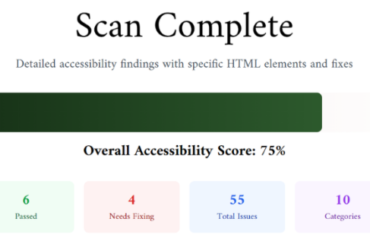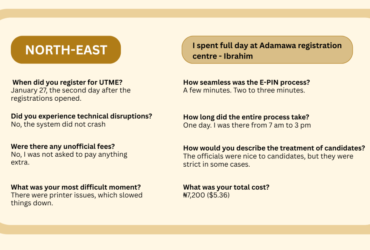
Years after experimenting with food delivery in African markets and competing with the likes of Jumia Food and Uber Eats, Bolt, the uber-popular ride-hailing company, is now bringing its grocery delivery service to Africa. Specifically, Bolt Market, its grocery delivery service, will be exclusively available to Kenyans.
Customers in Kenya can place their grocery orders online through the Bolt Food app at least 24 hours before the expected delivery time. A merchant processes the orders, and Bolt couriers pick them up and deliver them to customers.
The ride-hailing company claims that grocery orders are taken from shelves directly to customers’ doorsteps within 30 minutes—which is half the time that other grocery delivery competitors, Glovo and large-chain supermarket Carrefour, say they deliver. Bolt will also offer an 80% discount and free delivery for customer deliveries within 3 kilometres (km) distance.
Bolt Market’s expansion into grocery delivery in Africa comes after struggles with food delivery in other regional markets. In 2023, Bolt Food, its food delivery service, exited Nigeria due to macroeconomic challenges. However, Bolt Food has remained active in Kenya and Ghana, where user adoption and logistics efficiency have shown more promise.
The Kenyan market, in particular, presents opportunities for Bolt Market. Online grocery delivery is growing rapidly, with the Competition Authority of Kenya (CAK) projecting that 16.7% of the population—10.5 million people—will shop for groceries online by 2027. Yet, Bolt will face stiff competition. Glovo, which dominates Kenya’s online grocery delivery market, already offers grocery services alongside other essentials, while retailers like Carrefour leverage their wide inventory.
Bolt Market’s success will hinge on competitive pricing, delivery speed—which it is already optimising for—and customer experience. Its free delivery strategy gives it an edge, but sustaining this advantage against Glovo’s entrenched presence will be a challenge.
Bolt may be a king in the ride-hailing market, but it is only an upstart in grocery delivery when compared to the likes of Glovo in the African context. Its first difficult task is to claw market share away from the big players.














Leave a Reply